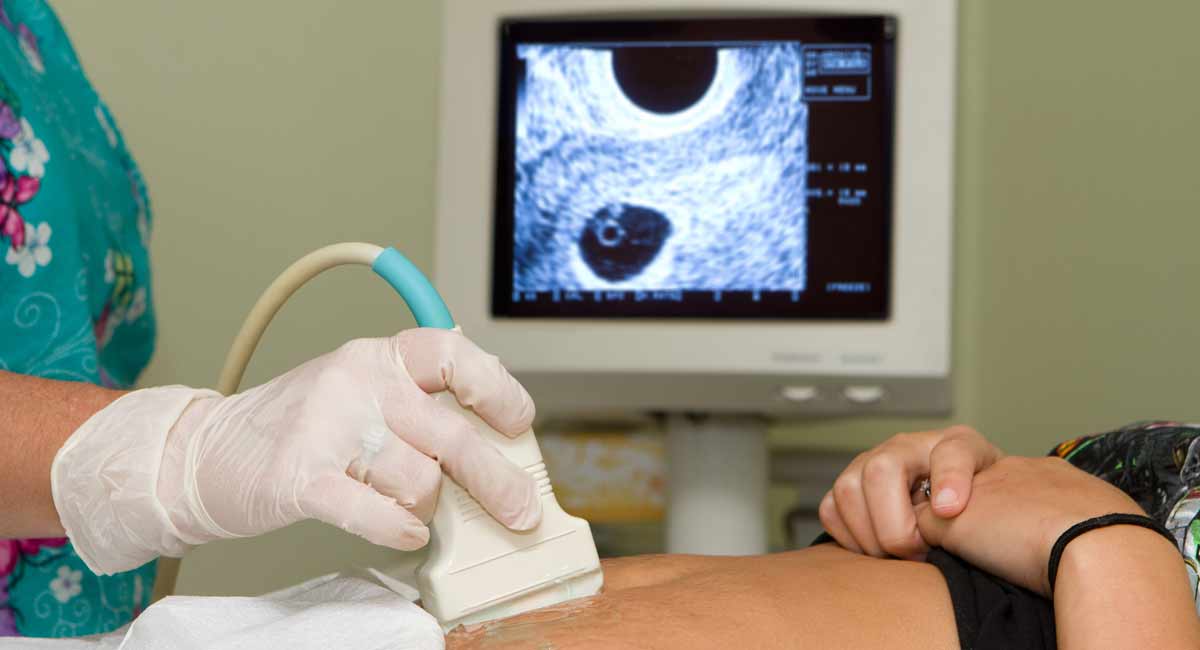In March, the state of Kentucky passed a bill banning abortion after a preborn child’s heartbeat can be detected. Similar bills have recently been passed in Louisiana, Georgia, Mississippi, Missouri, and Alabama. Unfortunately, that law is being fought in federal courts after a judge halted the law just hours after it passed.
Despite this, last week, Kentucky Governor Matt Bevin ceremonially signed the bill into law, and released a statement praising the recent pro-life bills passed in his state. “I am deeply grateful to be governor of a state that so overwhelmingly values the sanctity of human life,” he said. “Kentucky is leading the charge in this vitally important fight for the heart and soul of our our great nation. We look forward to additional work with our strong legislative partners in building on this historic momentum, as we advance critical pro-life protections for the most vulnerable among us.”
In addition to the heartbeat bill, Bevin also signed three other pro-life bills including one requiring women to be given information about medication abortion (abortion pill) reversal, one banning eugenic abortions based on sex, race, or disability (also currently being defended by the state in federal court), and one that would ban abortions in Kentucky if Roe v. Wade is overturned.
On Twitter, Bevin vowed to continue to fight to protect preborn children.
This week, I ceremonially signed four #KYGA19 #ProLife bills…
Kentucky is leading the charge in this vitally important fight for the heart and soul of our great nation, and we will continue to advance critical pro-life protections for the most vulnerable among us. #WeAreKY pic.twitter.com/0K3jtzDLIa
— Governor Matt Bevin (@GovMattBevin) August 11, 2019
The text of the heartbeat bill points out that babies are much more likely to survive to birth once a heartbeat can be detected. Despite new pro-abortion rhetoric unscientifically claiming that “embryos don’t have heartbeats” and instead show mere “embryonic pulsing” in the wake of heartbeat bills passed in other states, the heartbeat of a preborn child can actually be detected starting around six weeks, though the heart begins to beat somewhere between 16 and 21 days after fertilization.
READ: Why has ‘heartbeat’ just become a ‘medically inaccurate’ term? Abortion.
In Kentucky’s law, the physician is the one held responsible for the abortion, not the mother, who will face no penalties. If a woman had an abortion committed against her after a heartbeat was detected, she also would be able to file a civil suit against the abortionist responsible. The law would “require documentation of whether an abortion was performed to preserve the health of the pregnant woman,” and allows license revocation and criminal penalties for doctors who defy the law. Contraceptives are not affected by the bill, and will remain legal for sale and distribution. An amendment allowing abortion in the case of a fetal diagnosis considered “incompatible with life” outside the womb was defeated.
Of course, abortion is never medically necessary to save a woman’s life:
Like other states, Kentucky’s law is being challenged in court. However, recent polls have found that Americans support heartbeat bills, and Rasmussen polling has specifically found that facts about prenatal development change people’s minds about when they want abortion to remain legal.
According to 14News.com, Gov. Bevin dismissed the idea that pro-life bills are merely matters of religion.
“This issue, frankly, isn’t about faith,” he said. “It’s about science. It’s about medicine. It’s about morality. It’s about who among us even remotely can think we can justify the taking of an innocent life when we know for a fact that’s exactly what it is.”
“Like” Live Action News on Facebook for more pro-life news and commentary!







